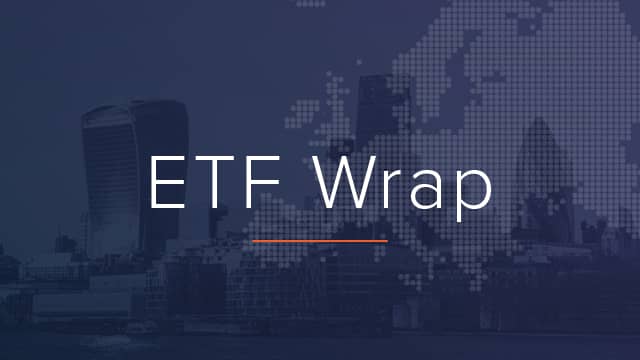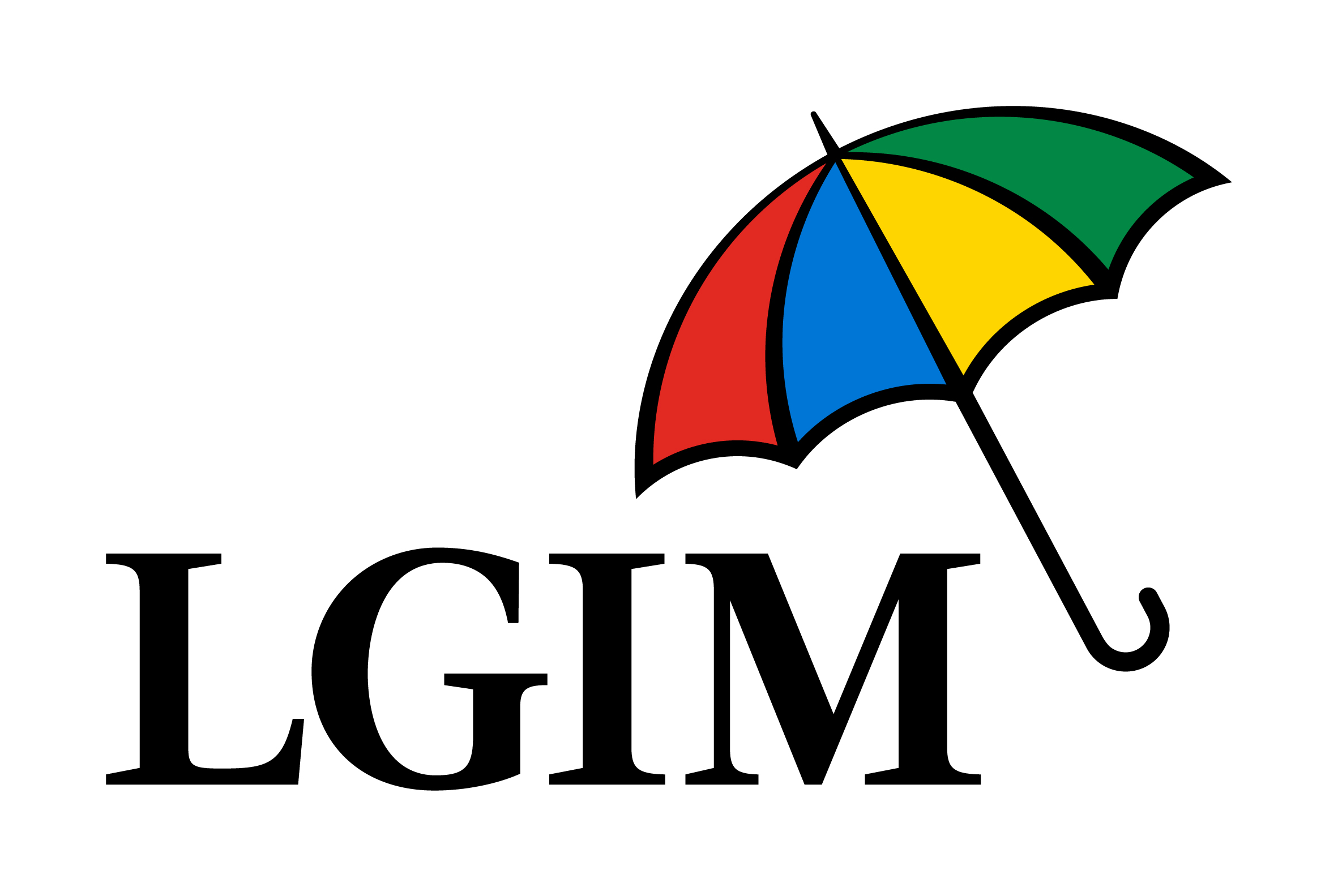After a year of stories detailing closures and loss-making among thematic ETFs, Legal & General Investment Management’s (LGIM) results this week showed there is a recipe for success in future themes.
The UK giant said revenues have tripled in the five years since its acquisition of the Canvas ETF platform from ETF Securities in 2018.
The buy-up was the issuer’s first foray into ETFs, taking on the 17-strong Canvas suite housing $2.7bn assets at the time.
While the firm’s range now spans 49 ETFs and $12.6bn assets under management (AUM), the largest of these remains the legacy thematic strategy, the $2.4bn L&G Cyber Security UCITS ETF (ISPY), which launched in 2015 and still holds the title of Europe’s largest cybersecurity ETF.
Far from a flash in the pan, this is a trend that carries across the product range, with two other Canvas alumni, the L&G ROBO Global Robotics and Automation UCITS ETF (ROBO) and L&G Battery Value-Chain UCITS ETF (BATT) both featuring among LGIM’s largest products, housing just shy of a billion dollars apiece.
While the company boasted its $1.2bn inflows in H1 will translate into equivalent net new revenue of $1.5m on an annualised basis, just those three long-standing Canvas products at their current AUM are pulling in almost $29m annualised revenue when combined.
Far from unique, each of these strategies has several rivals addressing the same respective themes and often for far lower fees – with ROBO charging an eye-watering 0.80%.
However, LGIM’s masterstroke was the timing of its bet on Canvas and its thematic range. While many of the ‘future themes’ have been in development for decades and Canvas launched in 2013, thematic ETFs have only had their day in the sun in recent years – and LGIM’s ‘first mover’ advantage paid dividends.
While still a relatively fringe product class in Europe in 2018, thematic ETF AUM boomed from $10bn in 2019 to more than $40bn by 2021, with much of this going into the longer-standing examples such as LGIM’s ISPY and BlackRock’s clean energy ETF.
Last year raised question marks for smaller thematic issuers breaking ground in increasingly specialist exposures – with Rize ETF parent company AssetCo writing down its value by £5m and stating the business remains “materially behind plan” – however more established issuers and products housing significant assets were able to weather the storm.
A common negative story on sustainable investing
While the United Nations’ Millennium Development Goals (MDGs) were regarded as furthering progress on key global issues, their rebooted format – the Sustainable Development Goals (SDGs) – have failed to move the needle to the same extent on either the public policy or investment fronts.
The recent Sustainable Development Report 2023 found SDGs remain “seriously off track” at the midpoint of the 2015-2030 agenda, with the combined progress across all 17 goals tracked by the SDG index rising from 64% to just 67% in seven years.
While governments were deemed to have “fallen short” on policy efforts, asset managers have sought to funnel money towards the goals via launches including DWS’s seven-strong SDG ETF suite earlier this year. Unfortunately, the strategies have yet to fork much lightning in the form of asset gathering.
Patrick Thomas, head of ESG portfolio management at Canaccord Genuity Wealth Management, commented: “I am not seeing an enormous clamour for UN SDG investments. It is not necessarily how companies are funded. We are making the CEO and the people who own the shares richer.”
Burry wields SPY and QQQ
Hedge fund investor of ‘Big Short’ infamy, Michael Burry, made headlines for betting against US equities last quarter with combined $1.6bn in put positions on the SPDR S&P 500 ETF (SPY) and Invesco QQQ Trust ETF (QQQ).
The 13F filing revealed Burry is back in bearish territory after US equities boasted blistering returns in H1, with the ‘magnificent seven’ tech giants adding $3.6trn in combined market cap.
The Scion Asset Management founder’s recent bets follow a Twitter post in March where he admitted he was “wrong to say sell” in January.
ETF Wrap is a weekly digest of the top stories on ETF Stream








